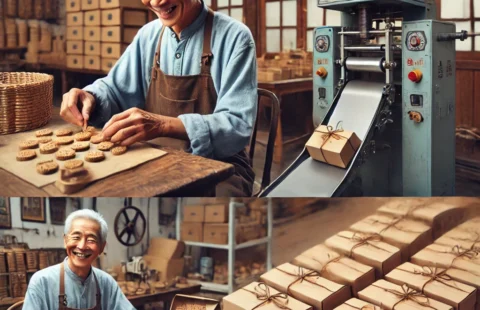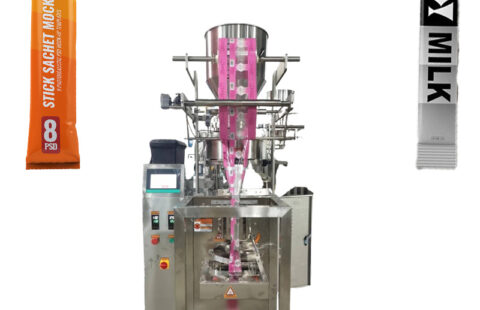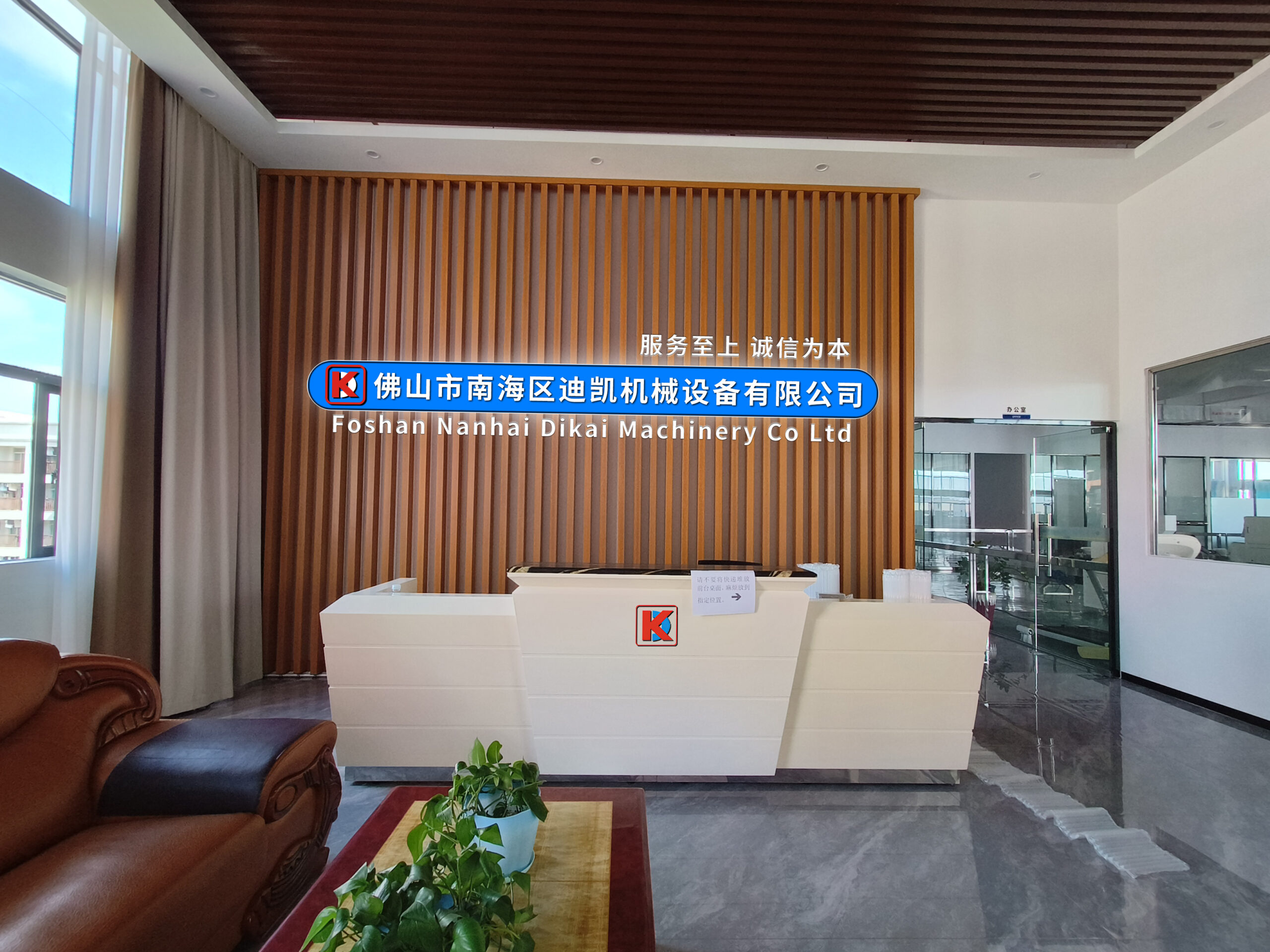
Flavor Workshop: A Journey of Innovation and Teamwork
In the busy city center, there is a seasoning production company called “Flavor Workshop.” This company was founded by a young entrepreneur, Li Ming, who has a passion for cooking and dreams of sharing his unique seasoning recipes with more people. However, with the rapid growth of the business, he faces a significant challenge: how to efficiently package the increasing number of seasoning orders
Initially, Li Ming’s team relied on traditional manual packaging methods. Each employee was diligent, but as orders surged, the production line began to experience bottlenecks. Employees worked overtime but still couldn’t meet market demand. Li Ming knew that if they didn’t change the situation, their business would struggle to survive.
One day, at a food exhibition, Li Ming encountered a modern seasoning packaging machine. The machine had a sleek design and operated smoothly, with neatly packaged products on display, capturing his attention. After in-depth discussions with the salesperson, he learned that this packaging machine could automatically complete measuring, packaging, and sealing, greatly improving production efficiency
Upon returning to the factory, Li Ming eagerly showed the team the packaging machine he had seen at the exhibition. The younger employees welcomed it enthusiastically, but some older employees, particularly an experienced worker named Uncle Wang, were hesitant. He believed that introducing machines would reduce job positions and feared losing the charm of traditional manual packaging.
To persuade the team, Li Ming decided to conduct an experiment. He selected the most popular seasoning from the production line to test the machine. Li Ming personally operated the machine during the experiment, guiding the team on how to use it. After several attempts, they successfully packaged the product, achieving unexpectedly good results—neat, beautiful packaging and significantly increased efficiency.
The results surprised everyone, and Uncle Wang had to acknowledge the machine’s advantages. Li Ming explained, “This machine is not meant to replace our work, but to help us improve efficiency and reduce repetitive labor, allowing us more time to develop new products and enhance quality.” After discussion, the team unanimously decided to introduce the packaging machine, starting the company’s automation transformation.
With the arrival of the new packaging machine, Flavor Workshop’s production efficiency significantly improved. What once took a whole day to package now took only a few hours. Li Ming seized this opportunity to further expand the product line and launch new seasonings. Order volumes increased dramatically, and the factory’s operations became smoother.
However, new challenges soon emerged. As production scaled up, managing the increasingly complex supply chain and production processes became a pressing issue for Li Ming. He realized that relying solely on a machine was insufficient; the company needed a more systematic management model.
Li Ming decided to attend some business management training courses to learn how to incorporate modern management concepts into Flavor Workshop. He discovered that using data analysis and information systems could greatly enhance production efficiency and management levels. Thus, he began to implement advanced production management software to help the team with real-time monitoring and analysis
After some time of adjustment and optimization, Flavor Workshop’s production processes became more efficient, and inventory management was refined. Employees became more proactive, using data feedback for self-adjustment and improvement.
Just when everything seemed to be going smoothly, an unexpected shortage of raw materials caught Li Ming off guard. Due to the pandemic, the supply chain was impacted, and the factory’s production line came to a standstill. Li Ming knew he had to take action to address this crisis. He held an emergency meeting with the team to analyze existing resources and explore alternatives.
With the team’s collective effort, they quickly sought out other suppliers and established temporary partnerships. By flexibly adjusting production plans, they ultimately ensured that production continued. At this time, Uncle Wang’s experience and wisdom played a crucial role, as he suggested some alternative seasoning recipes that helped the factory navigate the crisis.在团队的共同努力下,他们很快找到了其他供应商,并建立了临时合作伙伴关系。通过灵活调整生产计划,他们最终确保了生产的继续进行。在这个时候,王叔叔的经验和智慧发挥了至关重要的作用,因为他提出了一些替代的调味配方,帮助工厂度过了危机。
This challenge not only put pressure on Li Ming but also strengthened the team’s unity. They realized that flexibility and teamwork were vital in facing challenges. After this trial, Li Ming gained a deeper understanding of business management and resolved to strengthen communication with suppliers in the future, establishing more robust partnerships.
As the pandemic gradually came under control, Flavor Workshop’s business began to recover. Li Ming and the team seized the opportunity to actively expand the market, launching more new products that gained consumer favor. With the brand’s visibility rising, Li Ming’s seasonings not only succeeded in the domestic market but also began to venture into international markets.
At an international food exhibition, Flavor Workshop received multiple awards, and Li Ming felt immensely proud. He celebrated this achievement with the team, reflecting, “Our journey would not be possible without everyone’s effort and support. Our success lies not only in the efficiency of machines but also in our team’s cohesion and ability to face challenges.”
In the story’s conclusion, Li Ming stood on the factory balcony, gazing at the bustling production line, filled with hopes for the future. He knew that Flavor Workshop’s path to success had only just begun, and he would continue to lead the team to explore more possibilities, creating even more remarkable seasonings.




